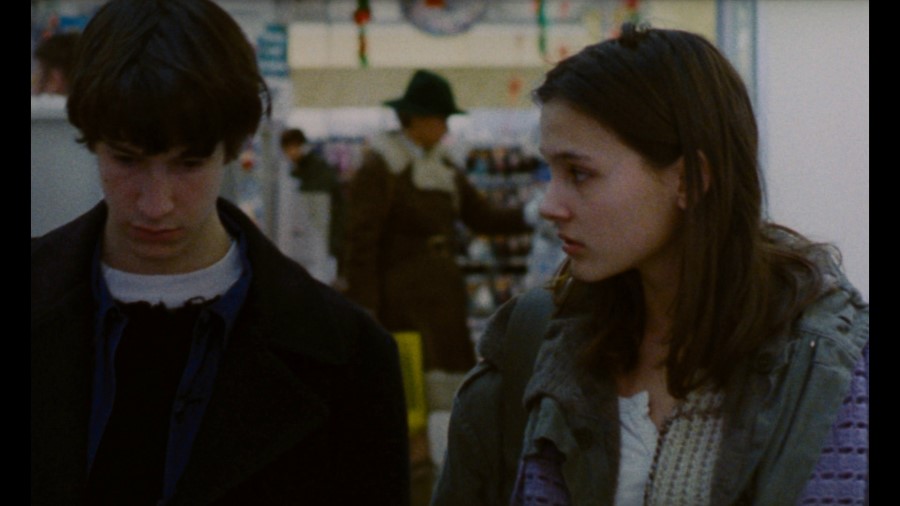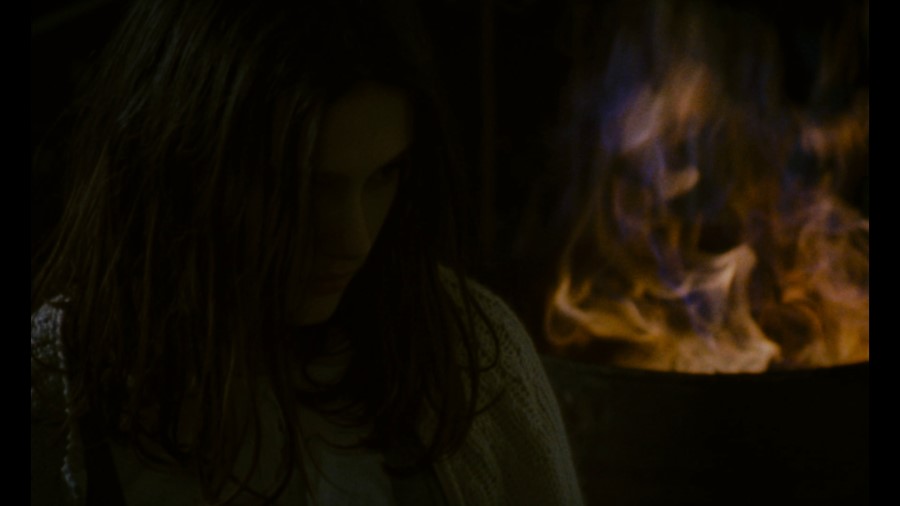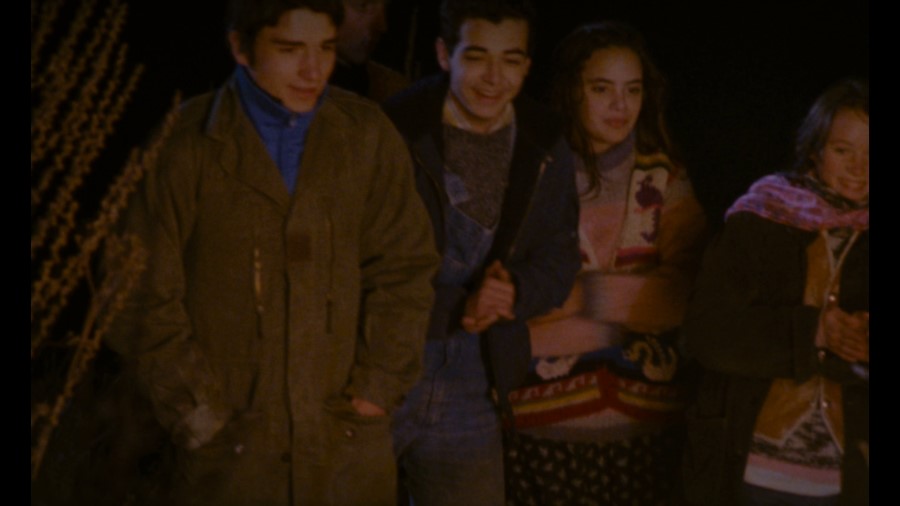Cold Water

See more details, packaging, or compare
Synopsis
An acclaimed early work by Olivier Assayas, the long-unavailable, deeply felt coming-of-age drama Cold Water can at last be seen in the United States. Drawing from his own youthful experiences, Assayas revisits the outskirts of Paris in the early 1970s, telling the story of teenage lovers Gilles (Cyprien Fouquet) and Christine (Virginie Ledoyen), whose rebellions against family and society threaten to tear them apart. The visceral realism of the movie’s narrative and the near experimentalism of its camera work come together effortlessly thanks in part to a rock soundtrack that vividly evokes the period. Cold Water, whose centerpiece is one of the most memorable party sequences ever committed to film, is a heartbreaking immersion in the emotional tumult of being young.
Picture 7/10
Previously unavailable in North America, the Criterion Collection presents Olivier Assayas’ early film, Cold Water, on Blu-ray in its original aspect ratio of 1.66:1. The film is presented on a dual-layer disc with a 1080p/24hz high-definition encode taken from a new 4K restoration scanned from a 35mm internegative.
The film was shot quickly on 16mm and with an incredibly low budget, so those handicaps all show through in the final presentation in one form or another, but in general the restoration work is beyond impressive and at the very least the final image looks like a film. It’s very grainy, quite heavy at times, but the encode handles it immaculately, keeping that filmic look I’m always looking for, without an anomaly of any sort popping up. It’s one of the cleanest renderings I’ve seen recently.
Colours are fine if a bit muted, though I’m guessing this is just the film’s intended look. There are a few pops of colour, primarily during the moments at the film’s central party sequence around a fire pit, but the colours are otherwise moatly dull and earthy. Black levels are impressive, though, managing to be deep without killing details in the latter, much darker half of the film.
The film is rarely all that sharp, though. Detail can be strong at moments but there are a lot of times where it looks like the film, either intentionally or accidentally, can just look a little out-of-focus, and this could all come from film stock as well. Whatever the case may be it is in the end an issue with the actual footage or the materials, nothing to do with the restoration and encode.
Impressively damage has been cleaned up extensively and I only recall a handful of minor marks throughout the entire film, and the frame can jump around ever so slightly in spots. Despite the graininess and rather rough look of the film the restoration team has managed to perform a sort of miracle here and it’s far cleaner than I ever would have expected. Overall, outside of some source related shortcomings, this presentation goes well and beyond what it needs to and delivers a striking looking image.






























Audio 8/10
The film’s soundtrack is presented with a DTS-HD MA 5.1 surround track. The track is primarily monaural, or even stereo in nature, but the party sequence is where the rest of the speakers come into play. A selection of 70s rock hits are played, and they make their way through the sound field in an effort to place you right there in the middle of it. Fidelity is superb, as is range, and the general quality is excellent. Dialogue also sounds crisp and clean, with nary a sign of damage to boot. It’s a nice mix in the end.
Extras 4/10
Criterion’s editions for Assayas’ films aren’t usually loaded and this is no different. It contains a couple of new interviews, including one with Assayas and another with cinematographer Denis Lenoir, running 15-minutes and 11-minutes respectively. Assayas talks about the original intent behind the film (it was initially supposed to be part of a series of coming-of-age films made by different directors), the autobiographical nature of it, the construction of the party, constructing scenes around the music, and then what that final shot means. Lenoir on the other hand talks about what led him to his profession (the look of The Innocents had a big impact on him), working with Assayas through the years, and then his work on Cold Water. They’re decent discussions on the technical aspects of the film but ultimately pretty light.
The disc then closes with a 12-minute excerpt from a 1994 episode of the French program Le cercle de minuit, which aired around the time of the film’s premiere and feature Assayas and actors Virginie Ledoyen and Cyprien Fouquet, all of whom are on giant Muskoka/Adirondack chairs. The two actors only chime in a bit about the experience (Ledoyen was, of course, the only professional actor in the film) and Assayas talks about the joys of working on a tight schedule with little money.
An insert then features a short essay by Girish Shambu, calling the film an artistic breakthrough for the director, and comparing it to some of the other French youth films of the time.
The features offer an okay glimpse into the film’s production and how it changed Assayas’ career trajectory but not much else outside of that.
Closing
It looks good but it’s hard not to be let down by the sparse number of supplements.







